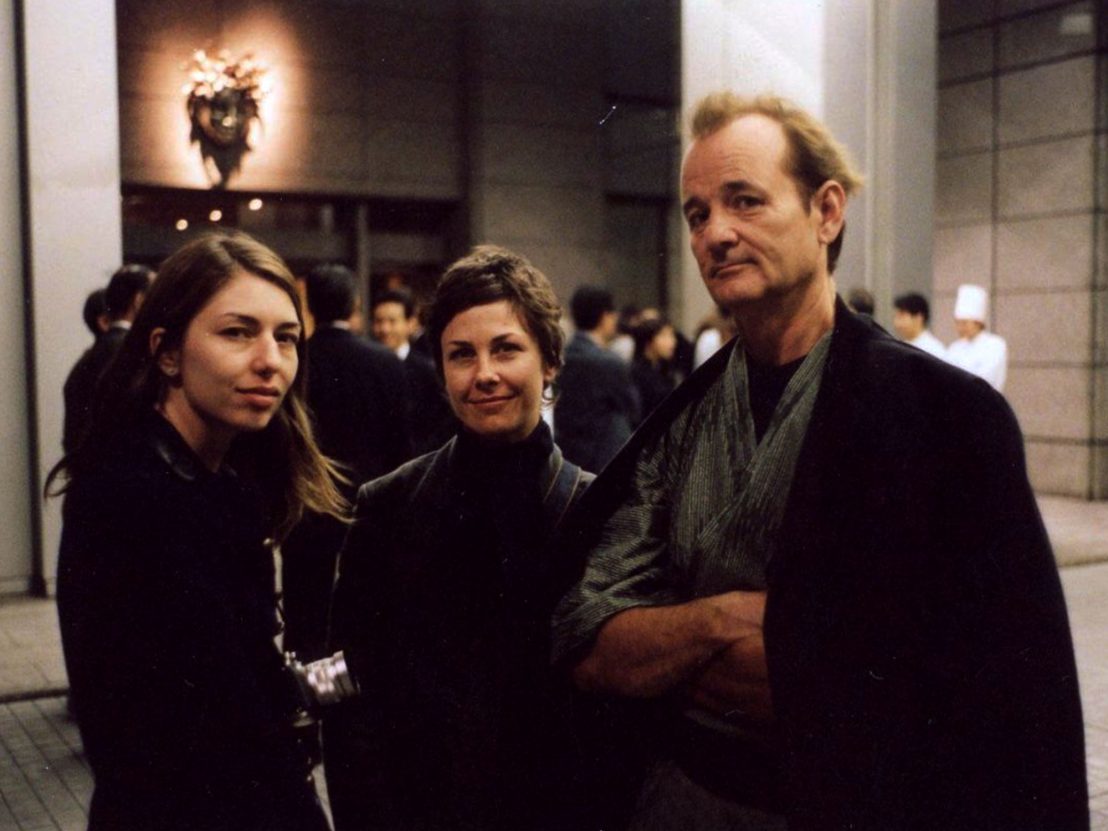
The writer/director reflects on the making of her cherished Tokyo love story.
“Fifteen years? It’s hard to believe.” Sofia Coppola is a little surprised that so much time has passed since she made her second feature Lost in Translation and quite honestly, so are we. It only feels like five minutes since the writer/director made a quiet racket back in 2003 by transporting Scarlett Johansson and Bill Murray to Tokyo’s Park Hyatt hotel and its surrounding neon streets. “It’s funny because I was just at the Park Hyatt and they’ve kept it exactly the same,” she says. “I was in the bathroom and kept expecting Bill to pop out from behind the mirror.”
The film’s primary location may not have changed over the years but the filmmaker behind it has. Coppola was 32 when she made Lost in Translation, the story of an unlikely yet profoundly touching friendship between confused young newlywed Charlotte (Johannson) and washed-up actor Bob Harris (Bill Murray) forged whilst isolated in a foreign city. Since then she’s gone on to helm four more feature releases, including 2017’s Palme d’Or nominated The Beguiled and yet the staying power of Lost in Translation remains strong.
“I spent a lot of time in Tokyo in my twenties and I really wanted to make a film around my experience of just being there. That was the starting point,” recalls Coppola. “I got married not long before and kind of felt isolated. I was in this stage where I wasn’t sure if I’d made the right choices or what I was doing in the post-college beginning of my adult life,” she says. “Brief Encounter was in my mind while writing but I was looking a lot of the idea of being connected because at that moment, I wasn’t.”
To bring this idea of disconnection to life Coppola cast a newcomer on a hunch, in the hope that she had what it takes. “I’d seen Scarlett in a movie called Manny & Lo when she was like 12 years old and I just loved her,” explains Coppola. “She had that husky voice even then and seemed mature beyond her years. There was some quality about her that stood out and I connected with. She’s able to convey a lot without saying anything. I had a feeling about her. I wasn’t surprised she went on to do lots of different things after but I’m surprised when I look back at how young she was. She was only 17.”
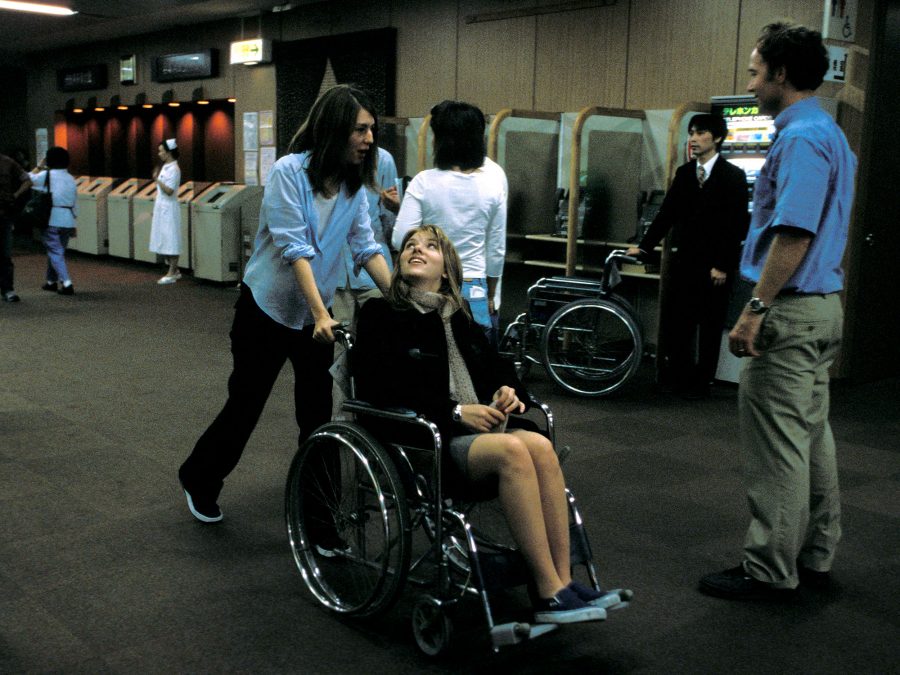
With Scarlett secured, the next task was to track down the film’s elusive co-star. Having written Bob Harris with Bill Murray specifically in mind, Coppola was determined to find him or not make the movie at all. “It was really nerve-racking,” remembers Coppola. “We went to Tokyo and were spending money in the hope that he would show up. I don’t even know how we got our financing without a contract. I was determined and probably spent a year trying to track him down. People were trying to give me other options but I was set that I wasn’t going to make the movie if he wasn’t doing it and I really wanted to make this movie, so I had to find him.
“I would just ask everyone I knew that might know him. I was on a hunt,” she continues. Thankfully, Coppola’s determination paid off when a friend and old writing partner of Bill’s passed her script along. “He brought so much,” says Coppola on finally shooting with Bill and Scarlett in Tokyo. “I was having a hard time at that stage of my life and I’d wish Bill would show up and take me on an adventure. I imagined him emerging in that world. A lot of it was just found moments with Bill improvising,” reveals Coppola. “The scene in the sushi restaurant with the black toe? That was just Bill riffing on the situation.”
Along with Wes Anderson’s Rushmore (which co-starred Coppola’s cousin Jason Schwartzman), Lost in Translation marked a key moment of reinvention for Murray. On crafting her version of Murray, Coppola says, “I was and am a big fan of his and thought it’d be funny to put him in a tuxedo because I hadn’t seen that side of Bill. There was a lot of throwing stuff at Bill and watching him respond. In the photoshoot, that was a real photographer and I’d be giving him prompts. It was fun to see Bill really not know what he was going to tell him. Also, I love to see him sing. Karaoke is always fun in Tokyo and I knew he’d be up to the task.”
Through the lens of cinematographer Lance Acord, Coppola crafted an ethereal look to match her story of disconnection, alongside a carefully curated soundtrack. “I made a reference book that I showed to Lance,” Coppola recalls. “I had a look in mind. It was this kind of dreamy feeling of when you’re jet lagged. There’s all this neon and it had a kind of Blade Runner feel,” she adds. “I was definitely listening to music when we were filming and when I was writing, too. That was the music I was listening to at the time, stuff with that Tokyo dream-pop feeling. Combined with those visuals and the half-awakeness, the dreamy music gave it a romantic quality.”
It also gave the project an unexpected life, with Coppola’s Lost in Translation mixtape emerging as one of most enduring movie soundtracks of the early 2000s. “We sequenced the soundtrack so that it worked as a record,” the directors reveals. “My Bloody Valentine and The Jesus and Mary Chain are such great bands that I’m not surprised it holds up over time. That’s one of the early shaping points for me, the look and sound. It’s this abstract way to describe the feeling of what you want to make.”
Fifteen years later, it’s not just Lost in Translation’s soundtrack that has withstood the test of time. “I never expected people to connect with it so much,” Coppola admits. “I was surprised because I thought it was this really self indulgent, personal project. It’s still fun if somebody comes up and tells me they connect to it because it was just what I was feeling at that time. It’s always scary to do something personal because you put yourself into. There’s something about being naive that allows you to jump into things in a freer way.”
This ethos came in handy, especially during the film’s iconic climax between Murray, Johansson and some whispered advice that was ultimately lost in translation. “Luckily I did it without a studio so we were able to just make it how I wanted. That thing Bill whispers to Scarlett was never intended to be anything. I was going to figure out later what to say and add it in and then we never did. It was between them. Just acknowledging that week meant something to both of them and it affects them going back to their lives. People always ask me what’s said,” smiles Coppola, “I always like Bill’s answer: that it’s between lovers – so I’ll leave it at that.”
Published 26 Aug 2018
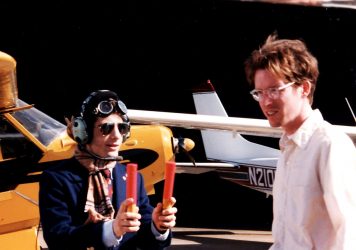
By Simon Bland
The actor recalls how a chance encounter with Wes Anderson launched his career.
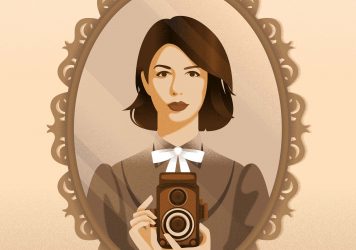
The writer/director tells us how she toyed with gender politics and screen hunks for her new film, The Beguiled.
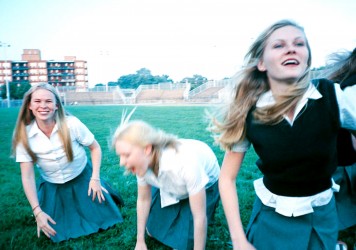
The Lisbon sisters helped me to understand my own awkward coming of age.